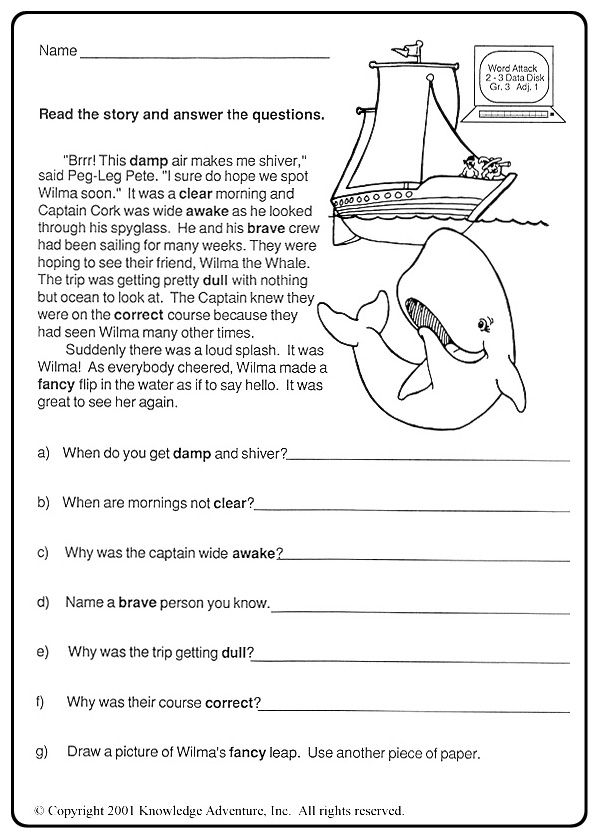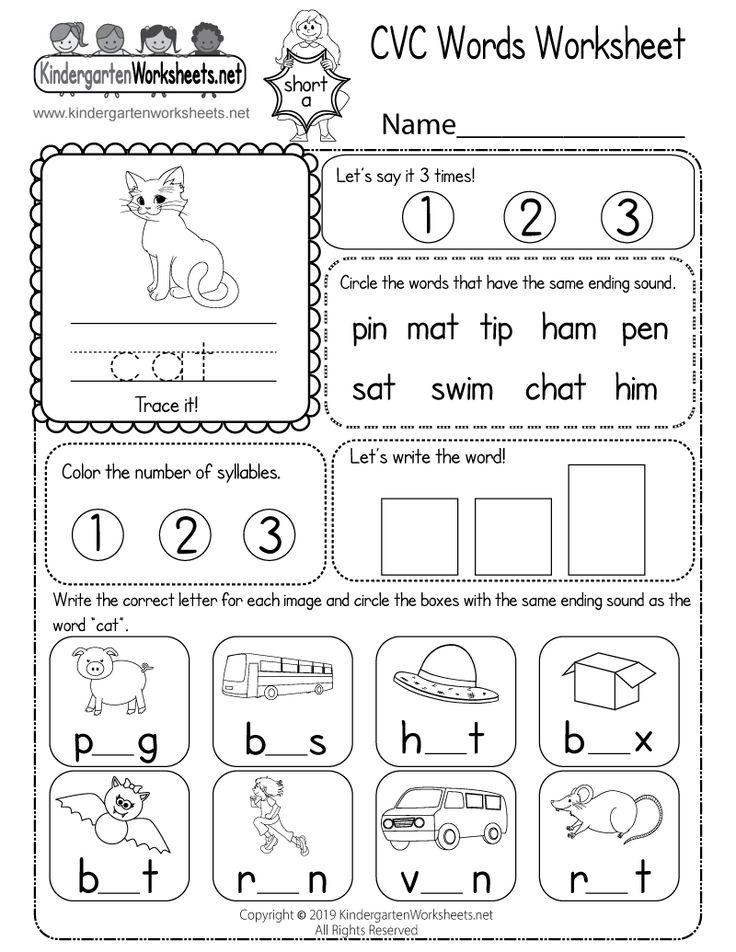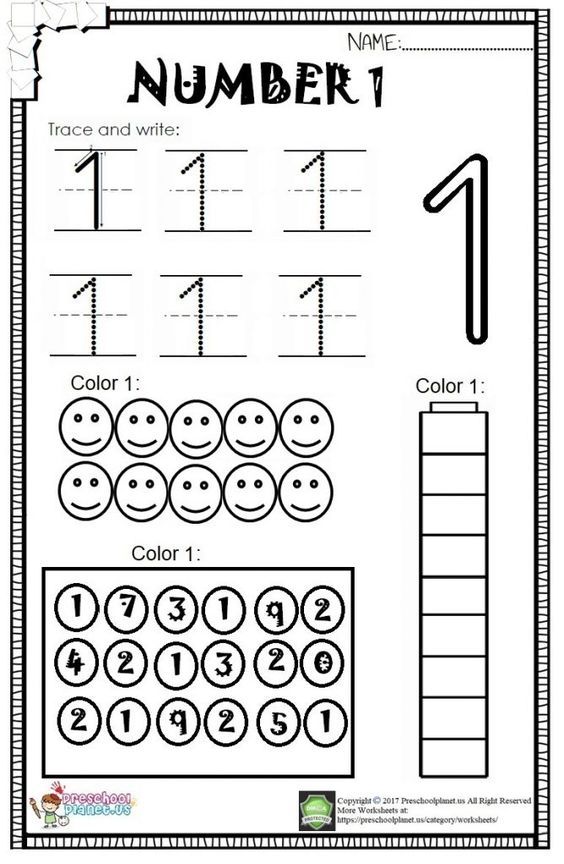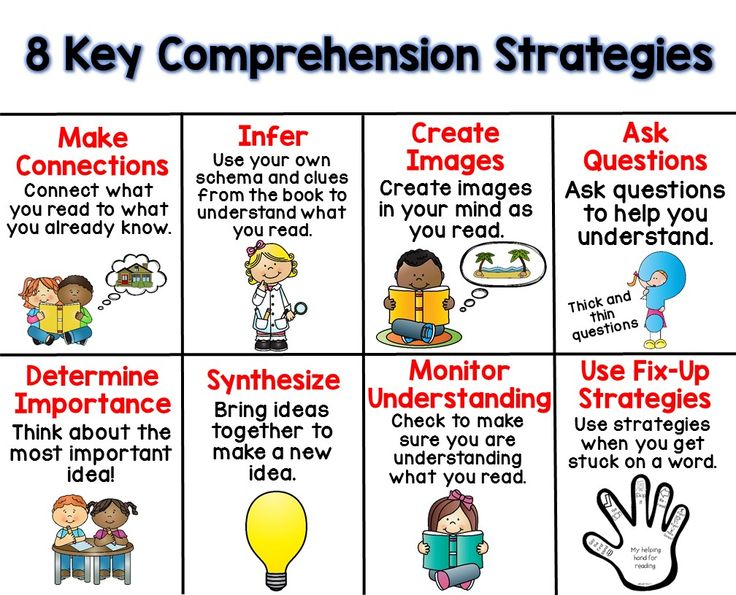Sight word our
Sight Word OUR - Worksheets & Song - Heidi Songs by HeidiSongs
22 worksheets or activities for the sight word "OUR", plus instruction sheets.
These worksheets and activities were designed to accompany and supplement HeidiSongs original spelling songs, so we are INCLUDING THE ORIGINAL SONG (audio only) .mp3 file in this bundle! Please reference the individual instruction pages for use and hints for maximum effectiveness. Heidi has created, tested and adjusted each activity for her own classroom, and has shared with thousands of teachers worldwide thru her website at www.heidisongs.com. Please note the the video for the song is not included. Sight word song videos may be rented via internet streaming at https://heidisongs.uscreen.io/ or purchased on DVD at www.heidisongs.com.
Activities include:
- Hidden Sight Word: Find the target word and color it a given color. If done correctly, the word appears! Great for visual discrimination.
- Trace the whole word or part of the target word and fill in the missing letters; then write the whole word.
- Write the letters printed in boxes that are sized to fit each letter. This helps kids notice the shape of the word.
- Find and color the target word in boxes. These are activities that force the child to look carefully at words that look similar and find the only the ones that match the target word exactly (visual discrimination.)
- Color the word printed in hollow block letters, and “Rainbow Write” the word, which means to trace the word several times with different colors.
- Read the sight words in sentences and use reading comprehension to fill in the missing word from a word bank.
- Reading comprehension - read the word in a sentence, circle the target word, and show you understand by drawing a picture.
- Write your own sentence using the target sight word and illustrate its meaning.
- Make a Mini-Song book, tracing the target word each time it is found.
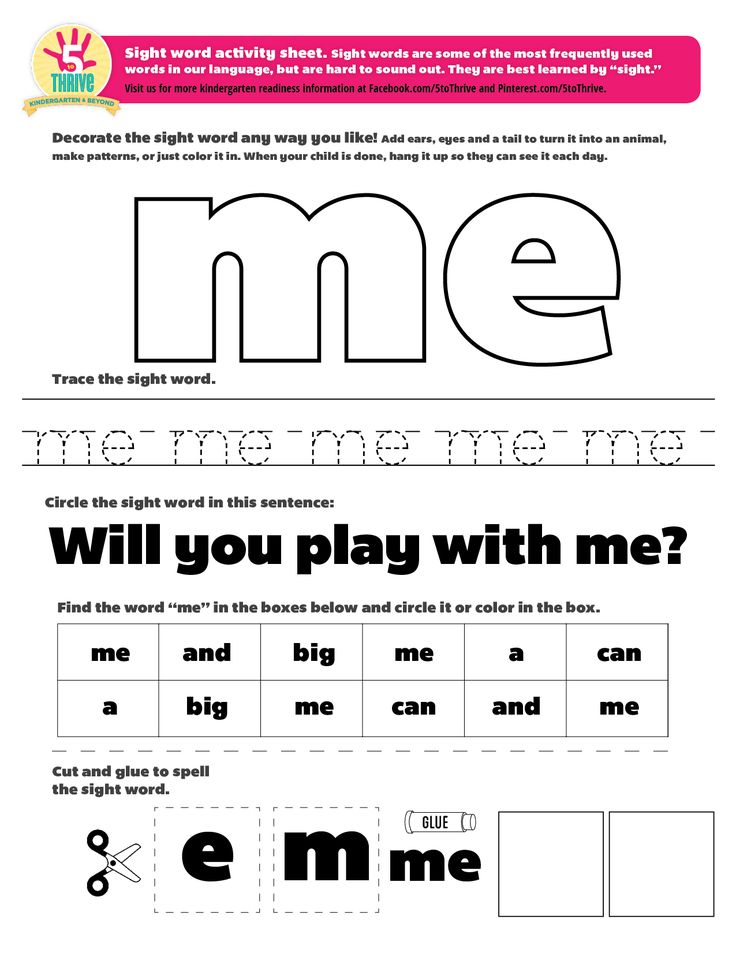 The book includes the words to the song and the hand movements. (Note: Requires light prep of cutting out the booklet and stapling together, unless your kids can do this themselves.)
The book includes the words to the song and the hand movements. (Note: Requires light prep of cutting out the booklet and stapling together, unless your kids can do this themselves.)
- Sight Word Puzzle with target word and three other similar words to for a challenging activity. (Note: Requires prep. This may be mounted on a file folder with velcro or simply laminated for durability.)
- “Velcro Book” Manipulative of the target word, is designed to provide a hands-on way for children to practice reading and building the given sight words song, without ever needing to use a pencil or crayon. (Note: Requires Prep. Velcro and folders not included.)
- A "cloze" activity that uses the words to each song, allowing the child to practice writing the target word several times, within the context of the song.
© Heidi Butkus, HeidiSongs, Teach and Sing, Inc.
CCSSRF.K.1
Demonstrate understanding of the organization and basic features of print.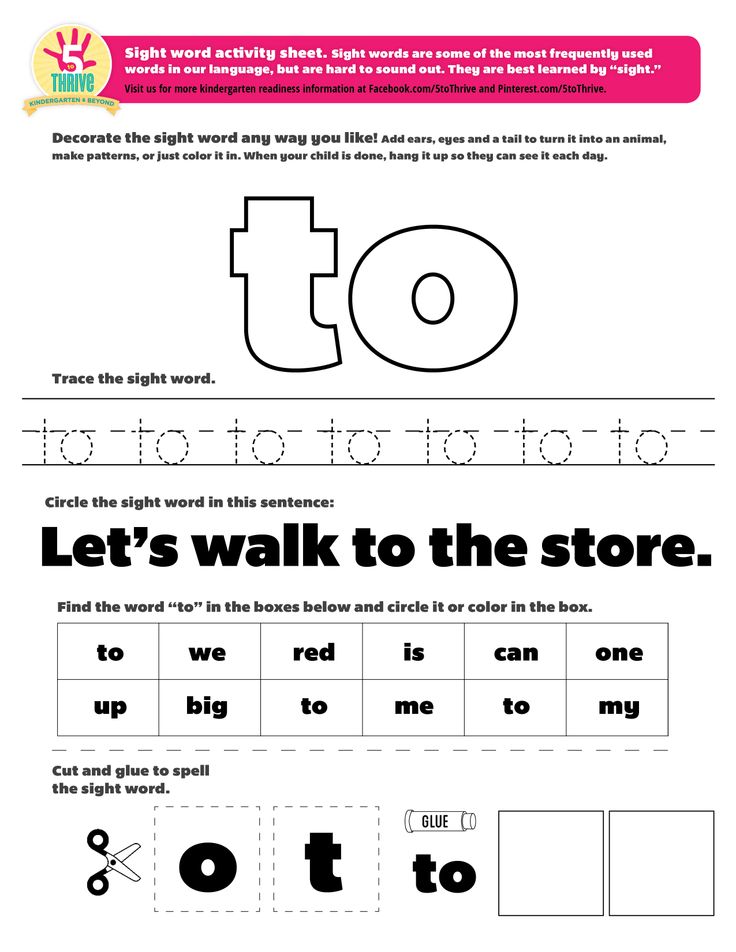
CCSSRF.K.3
Know and apply grade-level phonics and word analysis skills in decoding words.
CCSSRF.1.1a
Recognize the distinguishing features of a sentence (e.g., first word, capitalization, ending punctuation).
CCSSRF.1.3
Know and apply grade-level phonics and word analysis skills in decoding words.
CCSSW.K.2
Use a combination of drawing, dictating, and writing to compose informative/explanatory texts in which they name what they are writing about and supply some information about the topic.
Top 100 Sight Words and How to Teach Them
Sight words is a common term in reading that has a variety of meanings. When it is applied to early reading instruction, it typically refers to the set of about 100 words that keeps reappearing on almost any page of text. “Who, the, he, were, does, their, me, be” are a few examples.
In addition to their being very frequent, many of these words cannot be “sounded out.” Children are expected to learn them by sight (that is, by looking at them and recognizing them, without any attempt to sound them out. )
)
Unfortunately, this means minimal teaching. Often, little is done other than to show the word and tell the child what it is “saying.” For many children, this is not enough, with the result that their reading of these critical words is laden with error.
What does this mean for parents who are helping their children master reading? Basically it means spending some time in truly teaching these words so that your child gains real mastery of them. The key to achieving this goal is accurate writing (spelling)—via memory. That is, the child writes the word when the model is not in view.
You can do this by creating simple sentences that the child reads. (By using sentences, you will automatically be using many “sight words.” In addition, you will be giving your child the opportunity to deal with words in context—a key to meaningful reading) After showing the sentence and having your child read it, turn it over and then dictate the sentence. If there is an error, you immediately stop your child and take away the paper.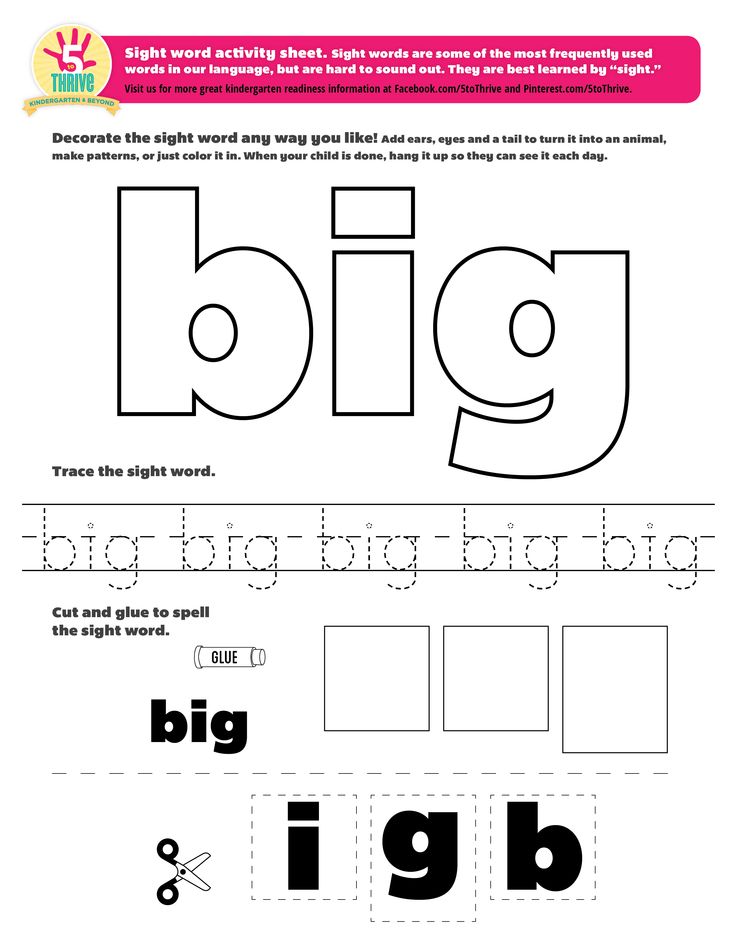 Then you show the model again and repeat the process. In other words, the writing of the sentence has to be fully accurate, starting with the first word.
Then you show the model again and repeat the process. In other words, the writing of the sentence has to be fully accurate, starting with the first word.
If you want a list of those words to help guide your efforts, here is the top 100 according to the American Heritage Word Frequency Book by John B. Carroll.
A: a, an, at, are, as, at, and, all, about, after
B: be, by, but, been
C: can, could, called
D: did, down, do
E: each
F: from, first, find, for
H: he, his, had, how, has, her, have, him
I: in, I, if, into, is, it, its
J: just
K: know
L: like, long, little
M: my, made, may, make, more, many, most,
N: not, no, now
O: or, one, of, out, other, over, only, on
P: people
S: said, she, some, so, see
T: the, to, they, this, there, them, then, these, two, time, than, that, their
U: up, use
V: very
W: was, with, what, were, when, we, which, will, would, words, where, water, who, way
Y: you, your
Click here to download our Recommended Top 100 Sight Words.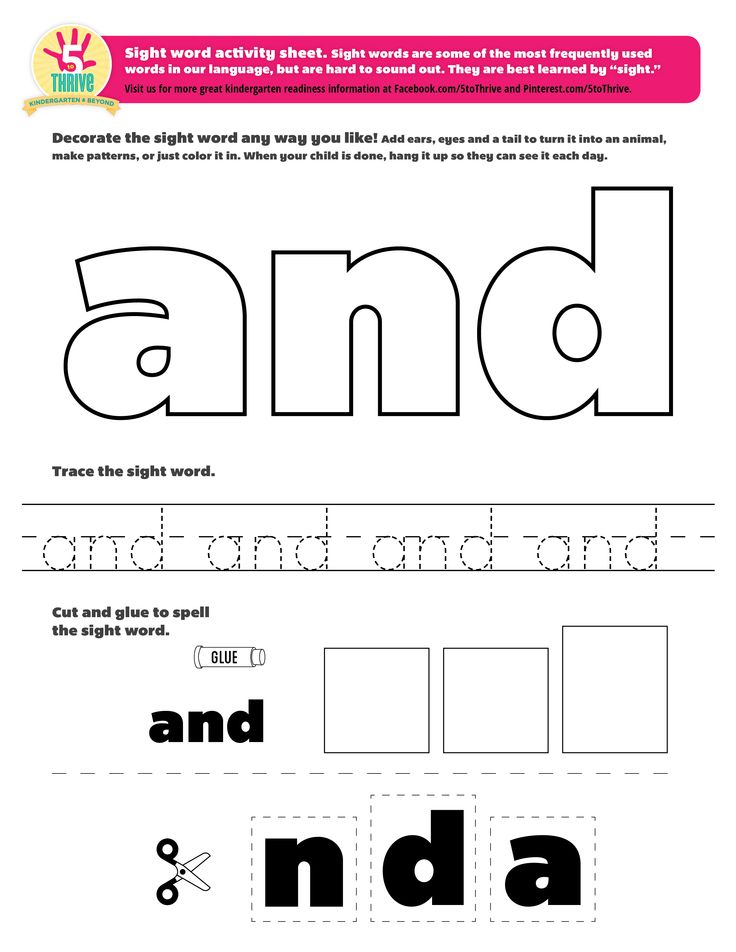
Literacy and reading expert, Dr. Marion Blank
Dr. Marion Blank is answering your questions about reading and learning. If you have a question for Dr. Marion, visit the Reading Kingdom Facebook Page and let us know how we can help.
If you think the Reading Kingdom program can help your children learn to read, enjoy a free, 30-day trial here.
“How will our word respond…”
loading the list...
Description: Poems and prose of the young. Drawings by Tatyana Komshilova and portraits by Nina Bakhtigiryaeva were used in the design of the collection. Contents:
Numerous poems and works that are not related to prose and fantasy are not indicated Note: Publisher's abstract : The collection of works by young authors “How our word will respond...” is dedicated to the 50th anniversary of the Literary Association under the Ivanovo Writers' Organization. It reflects a wide range of youth literary creativity - from traditional writing to the underground. The collection is intended for the general reader. Edition information provided by: rusty_cat | |||
| | |||
"How our word will respond..." - The Union of Journalists of St. Petersburg and the Leningrad Region.
Lesson four. It is led by a philologist, Associate Professor of the Faculty of Political Science of St. Petersburg State University Nina FILIPPOVA.
I have two unread dissertations on my desk and The Fourth Russian Language Lesson for the Union of Journalists newspaper. It turned out that writing a dissertation review is much easier for me than a newspaper text.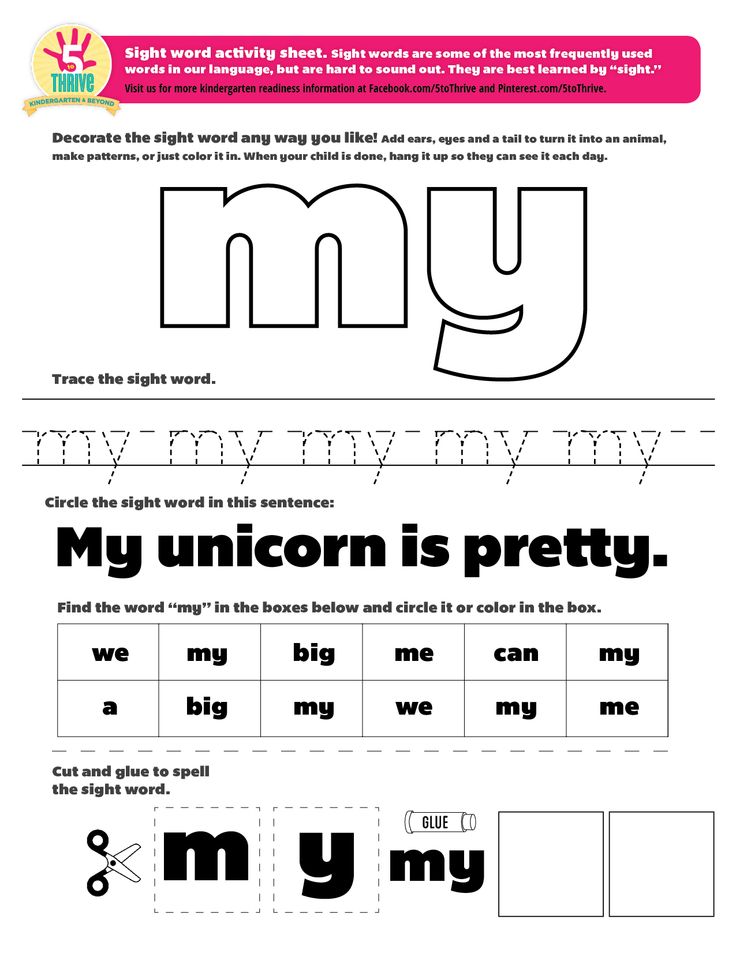 Here they are, those same skills and abilities. Or, perhaps, simply because a dissertation review is a one-time, finite work, and “Russian Lessons” is an endless process. For there is no end to education. It's a process-process-process...
Here they are, those same skills and abilities. Or, perhaps, simply because a dissertation review is a one-time, finite work, and “Russian Lessons” is an endless process. For there is no end to education. It's a process-process-process...
Like everything in the world. Like cooking dinner, for example.
I recently read from my favorite columnist Helia Delerins in my favorite Ogonyok about “mobilization at the stove”. It was about the recognized gourmets - the French. “Food for the French is more than just food,” writes Helia. I also use this expression when I speak at lectures in an American audience about the economic situation in Russia, that the “average Russian family” spends 50% of its income on food. But among the French, according to the author of Ogonyok, it is not about the quantity, but about the quality of food. The fact that the commitment to lifestyle is manifested by the French in the desire to avoid fast food and all sorts of semi-finished products, and even in times of crisis to keep in the diet both their favorite cheese and their favorite and expensive wine.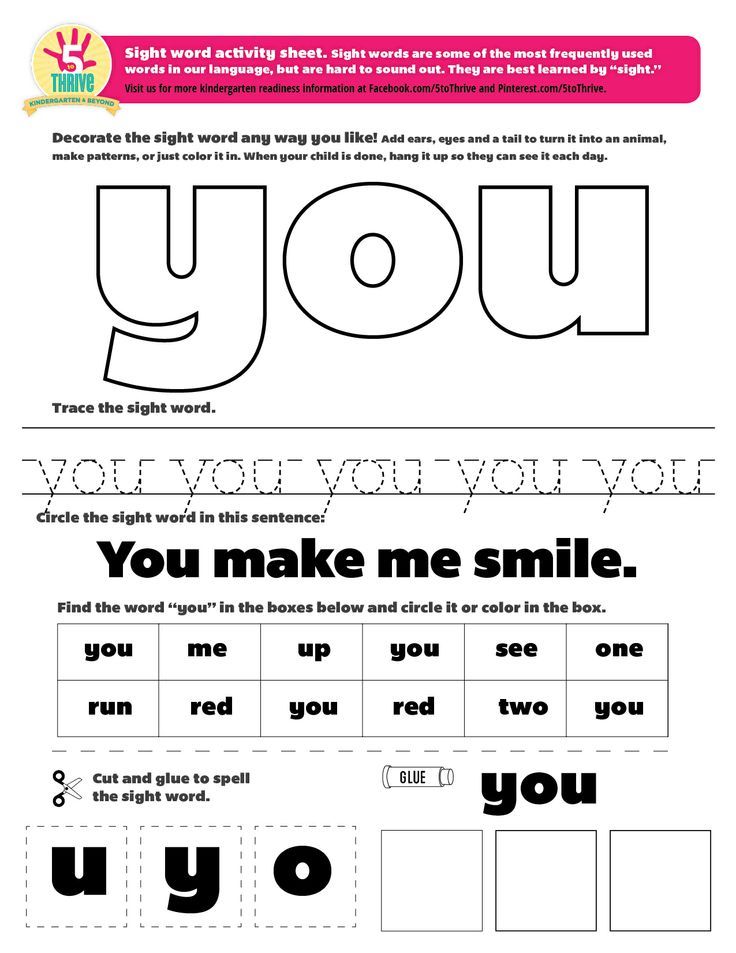
I recently decided to cook cabbage rolls here. Not "lazy" - but real! And once again I understood what the author of Ogonyok meant when he wrote about "mobilization at the stove."
This is not an easy task - cooking in line with European traditions. But even standing at the stove, you think about words, about style, about a way of life that is so different in different cultural spaces. And soon my husband will come home from work - he also has three dissertations that have not yet been read on his desk ...
The logocentricity of Russian culture, our, according to N. Berdyaev, “bewitchment with words” creates a special realm of words, which has its own laws, its own logic, its own hierarchy, and the prevailing fashion, and special responsibility. Both their strengths and their weaknesses.
Crossing the borders of their own "kingdom", Russian words often become incomprehensible: thus, despite the common origin, the Russian word "intelligent" diverges from the Western "intellectual".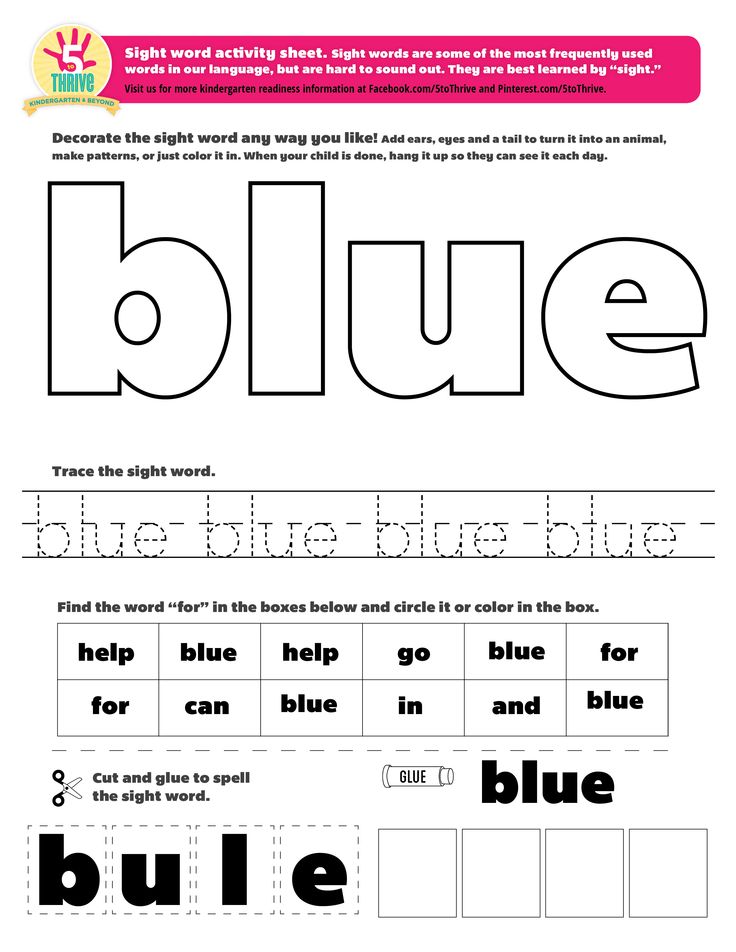
Only in Russian culture can there be endless discussions about what it means to be an "intellectual", what is "patriotism", "tolerance", "identity".
At the same time, we still have not decided how to address each other and we remain “girls” in the sphere of communication until old age. As, however, with the definition of the political system under which we live, we have not yet decided, but we will definitely talk about journalistic attempts to find this term.
A wonderful lesson in Russian was taught to me by my three-year-old grandson, who lives with his parents in America. Having entered into a rhetorical dialogue with me, he did not seem to expect to hear the correct answer from me:
Am I cute? No! Am I beautiful? No! I'm handsome!"
It was surprisingly important for Ilyusha to find the exact word in self-determination. After all, cute (cute, nice) is for kids, beautiful (beautiful) is for girls, and he is handsome, like an adult man, also handsome, but also stately, significant, generous.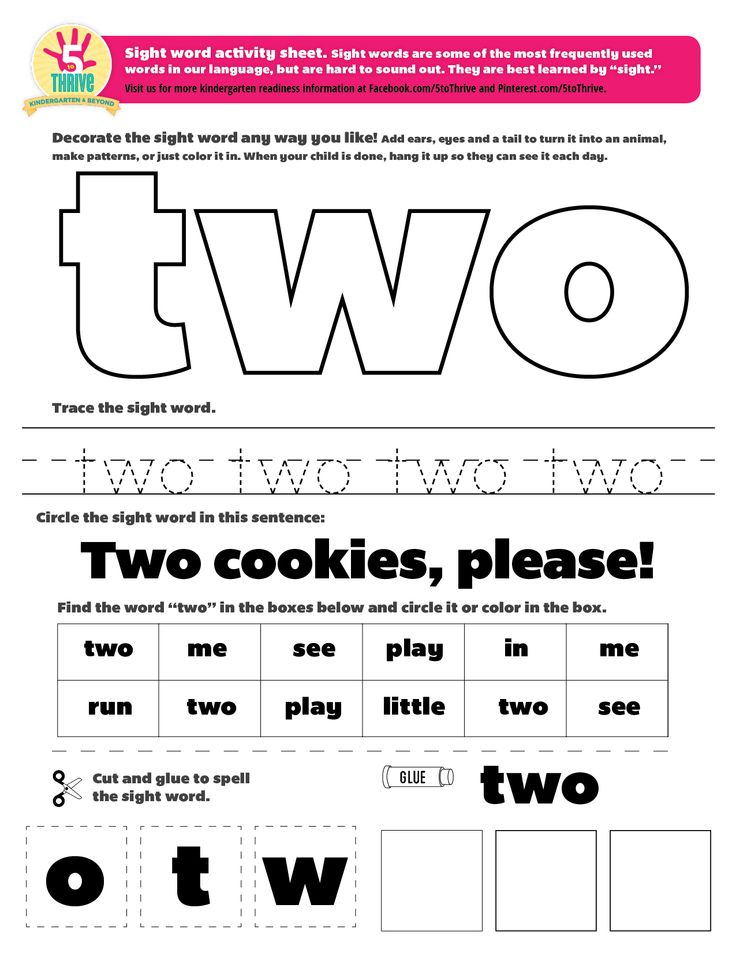
Here it is, the natural linguistic talent "from two to five", unfortunately disappearing as you grow older under the yoke of clichés and patterns. This does not happen if there is a resistance of culture present in life as "cultivation", constantly.
I would like to hope that the grandson's stay in the field of bilingualism will contribute to the sharpening of the linguistic sense.
In a recent interview, Galina Vishnevskaya said that in modern singers she lacks a sense of style and knowledge of the language. This idea seemed extremely important to me because the expansion of English (and we already have it!) Has negative consequences only with irresponsible, stylistically unjustified copying of foreign words.
Iosif Brodsky, who mastered English in his mature years and wrote his famous essays in English, confessed: “When you know two languages, one analytical, like English, and the other synthetic, very sensual, like Russian, you get an almost crazy feeling of an all-pervading humanity”…
About style, more precisely about the fact that “style” and “worldview” must be united at all costs, because they must necessarily reflect each other (A.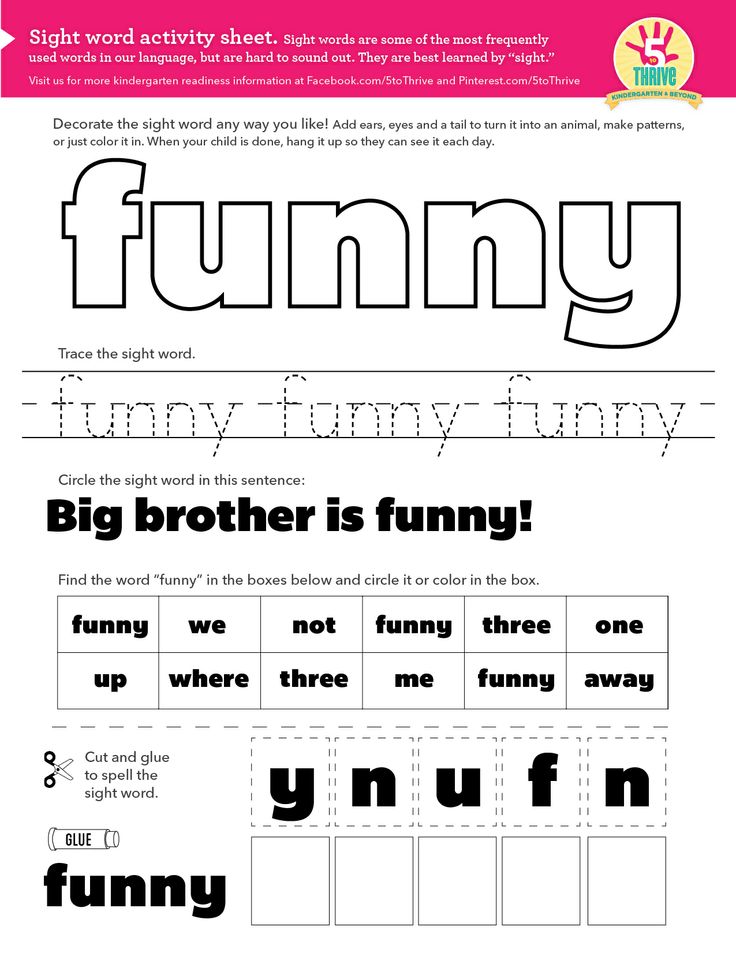 F. Losev), about “stylistic differences” that have become so actual in the language of journalists, we will definitely talk.
F. Losev), about “stylistic differences” that have become so actual in the language of journalists, we will definitely talk.
How natural is the writer's need to find the right word! How natural is the need of the reader to understand and "appropriate" this word. In this sense, both the "producer" of meaning and its "consumer" are equally creative people who, according to O. Mandelstam, are engaged in co-creation. Otherwise, their dialogue does not make sense!
Here is the expression "cognitive dissonance" that we settled on last time.
Journalists, using this phrase, as a rule, consider it necessary to clarify its meaning. Dmitry Bykov in a television program interprets cognitive dissonance as "a discrepancy between what you see and what you want to see." Slava Taroshcheva, a special correspondent for Novaya Gazeta, gives her own definition: “the builders of virtual reality fell into cognitive dissonance (this is when new information conflicts with the knowledge accumulated by a person).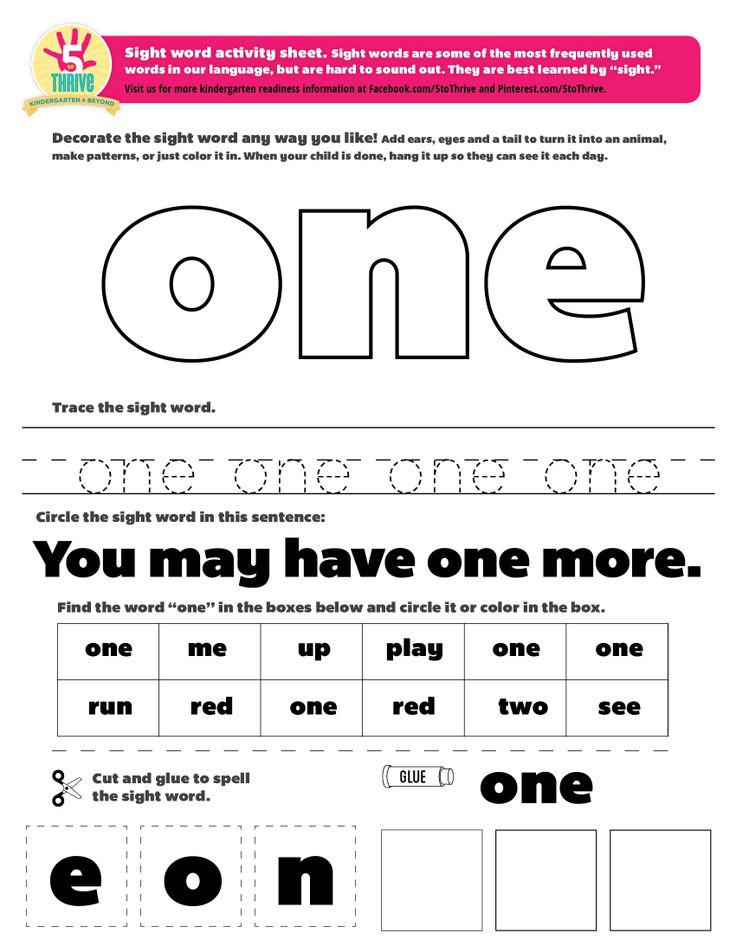 ”
”
Undoubtedly brilliant journalists, whose intellect (cognition - knowledge, cognition) is in complete harmony (dissonance - lack of harmony) with its verbal embodiment - a perfect example for our "Russian lessons".
The term "cognitive dissonance", which belongs to the American psychologist Leon Festinger, defines the state of an individual, characterized by a clash in his mind of conflicting knowledge, beliefs, attitudes regarding some object or phenomenon. At the same time, under the word knowledge, L. Festinger understood "any opinion or belief of an individual regarding the world around him, himself, his own behavior."
As we can see, the most accurate definition is given by Slava Taroshcheva, and not only in the interpretation of the term, but also in how it is attributed.
It is interesting that different periods of the life of our society actualize different layers of terminology. Let us recall the usual terms of the Gorbachev era: architect, foreman, foundation, load-bearing structures, because it was about “perestroika”.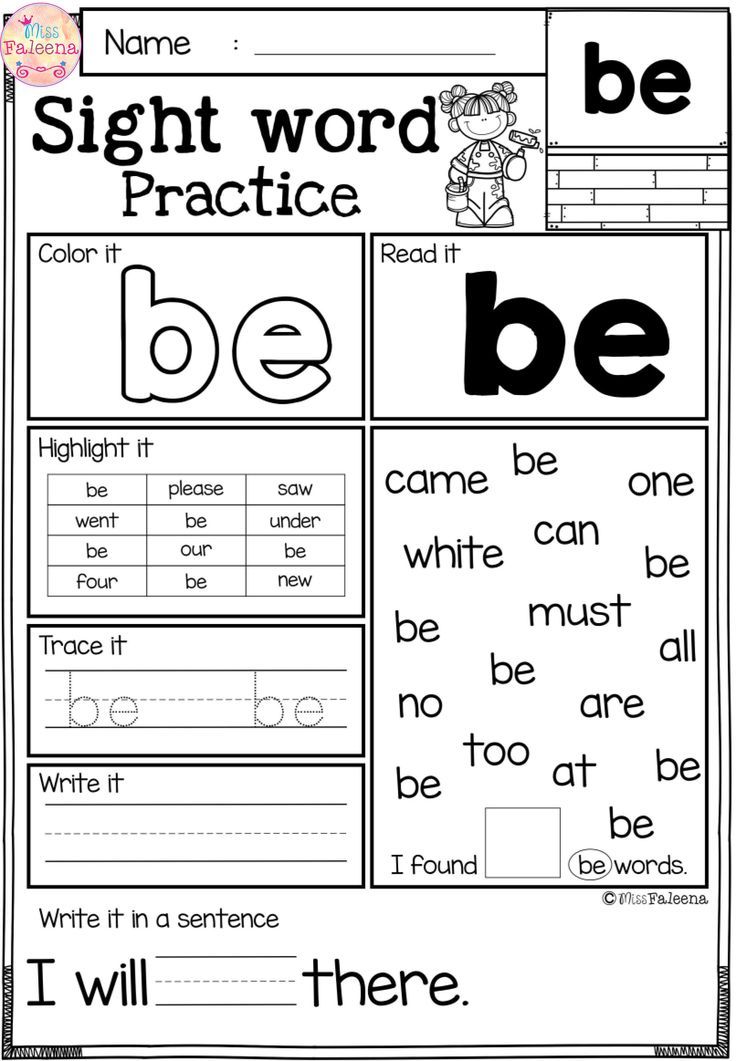 Now some medical terminology is in demand: invasiveness, erectile and political dysfunction, deprivation. Is this a history or a diagnosis?
Now some medical terminology is in demand: invasiveness, erectile and political dysfunction, deprivation. Is this a history or a diagnosis?
The reciprocity of the “co-creation” process makes us interconnected: smart readers are created by smart writers and smart journalists. Or vice versa? Maybe a stupid reader begets a stupid journalist? How else to explain the incredible amount of low-quality, but very popular verbal and visual products in the media? Svetlana Aleksievich called this phenomenon “the dictatorship of a small person” (“small”, that is, averaged, simply “gray”). This dictatorship in modern Russian society has turned out to be no less dangerous than the "dictatorship of the proletariat" that has departed into the world.
Orientation to the "average" reader dictates not only the choice of what is displayed, but also the linguistic forms of reflection. I will give two examples from the once "decent" newspaper Argumenty i Fakty. Anastasia Volochkova shares her life experience in an attempt to build relationships with her ex-husband: “Igor is still raising Arisha with me, comes to our house, and “friendly sex” (highlighted by me - N.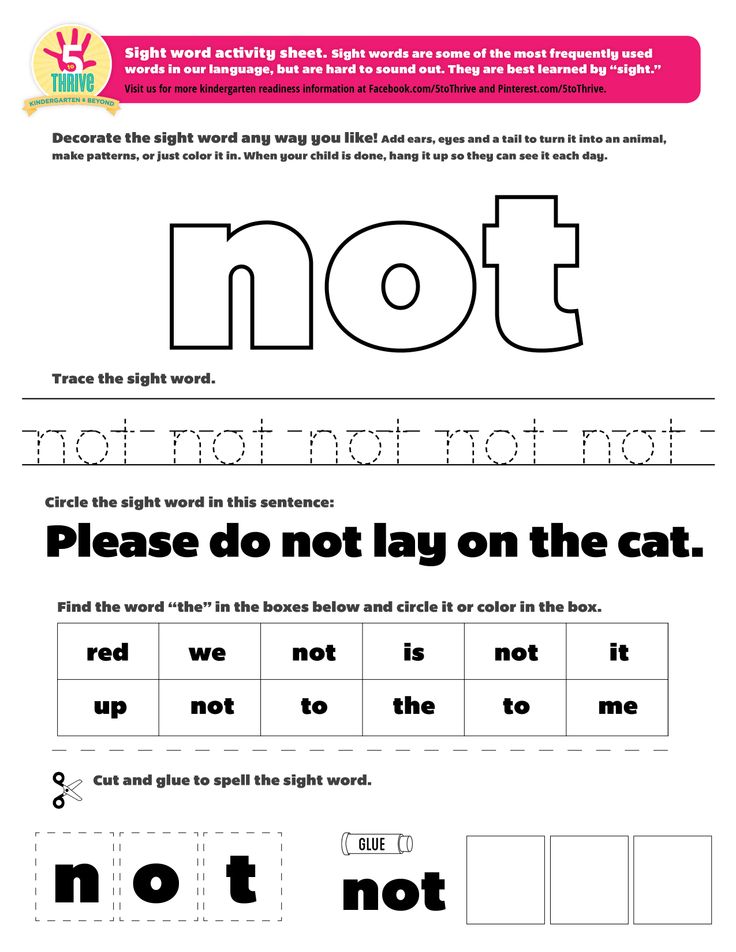

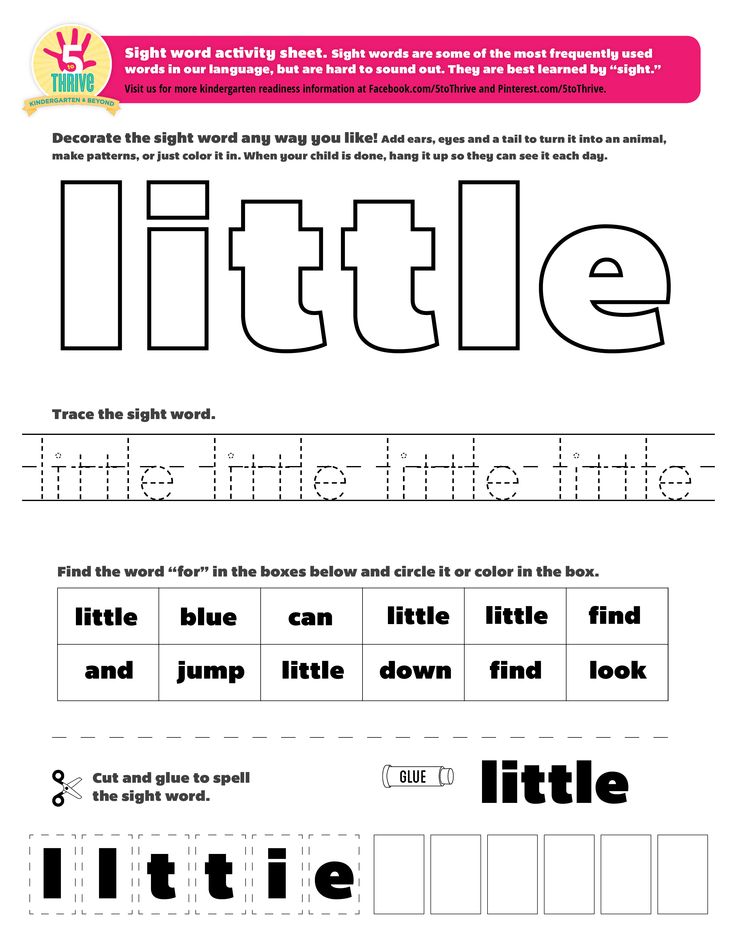
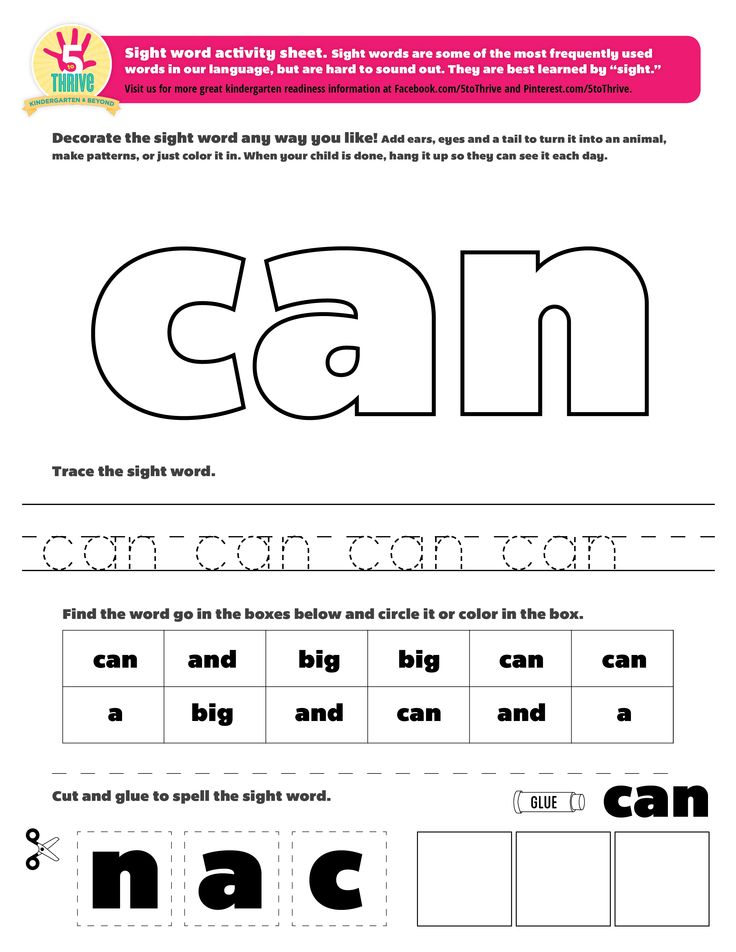 148-152
148-152 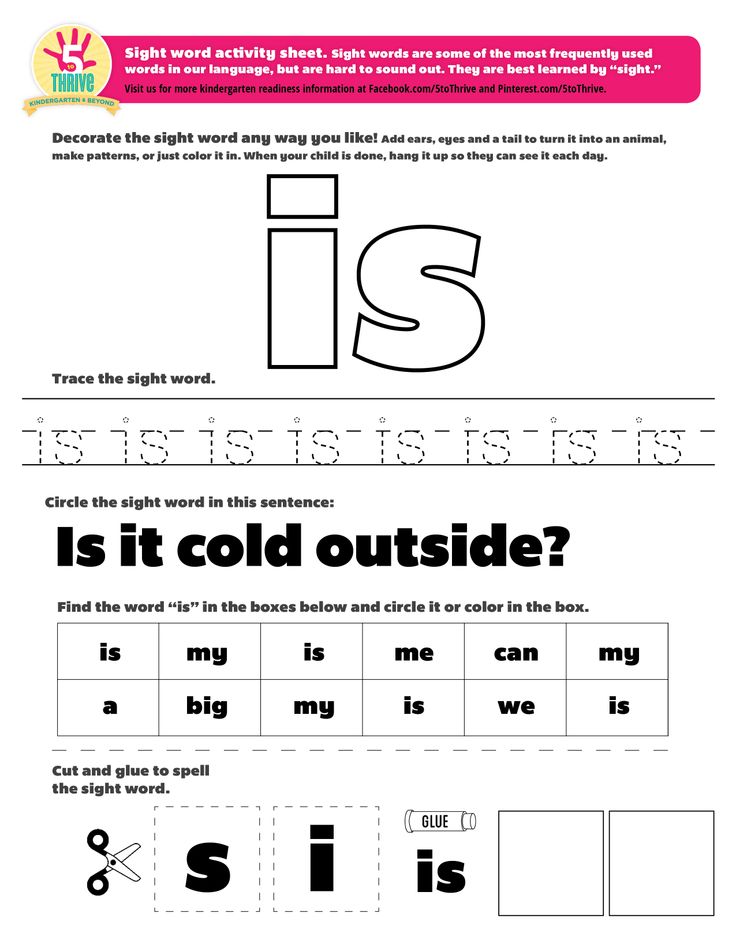 In addition to Ivanovo residents, young talents from Shuya, Puchezh, Furmanov, Privolzhsk, Palekhsky district and other cities and villages of the region take part in the collection.
In addition to Ivanovo residents, young talents from Shuya, Puchezh, Furmanov, Privolzhsk, Palekhsky district and other cities and villages of the region take part in the collection. 